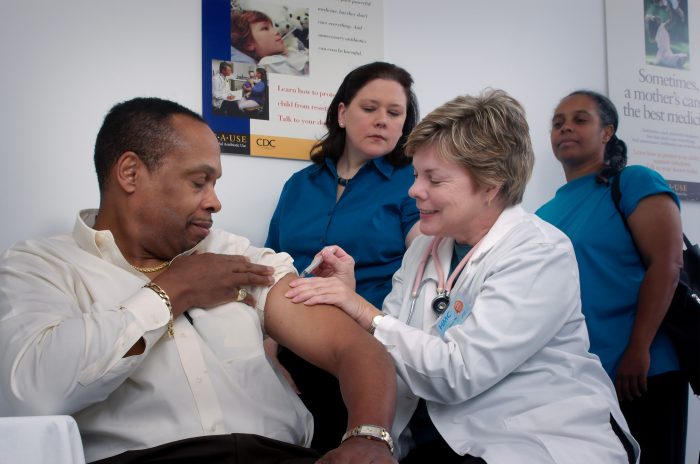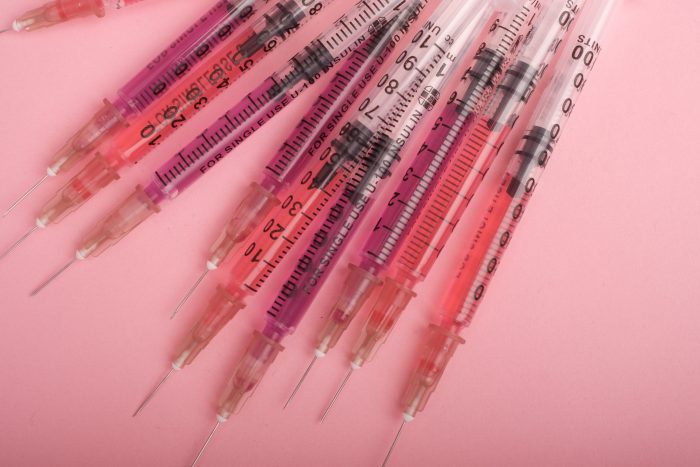Newly Introduced Legislation Would Force PA-Specific Requirements of ASAM Through Regulatory Review
Rep. Carrie Lewis DelRosso introduced legislation yesterday that would require the Department of Drug and Alcohol Programs to promulgate regulations in any of the following instances that affect licensed drug and alcohol treatment providers:
- The implementation of new or additional licensing requirements for drug and alcohol facilities;
- The implementation of new or additional drug and alcohol staff credentialing requirements;
- The implementation of new or additional drug and alcohol counselor staffing ratios; and
- The implementation of new or major programmatic changes and requirements imposed on drug and alcohol facilities, including the requirement of adding programs that significantly increase the cost of delivering care and meeting staffing requirements.
The legislation includes any proposed regulatory requirement not currently in effect or any regulatory requirement that the General Assembly has delayed through legislation, meaning the PA-specific requirements of the ASAM transition could not be implemented until approved through a regulatory review process.
The House Human Services Committee is scheduled to vote on the bill Tuesday, October 26. Rep. Frank Farry, Chairman of the Committee, is a co-sponsor of the bill.
If the bill becomes law before January 1, it would bring much needed relief to a treatment system already struggling with major workforce issues and chronic underfunding.
Contact Jason Snyder, Director of RCPA’s Drug and Alcohol Division, with any questions.
CMS Website Posts American Rescue Plan Act State Plans
ANCOR Update on Public Health Emergency Extension and FMAP Increases
RCPA Members Save on National Council Conference

FDA Approves Moderna, J&J Booster Shots, Also Says It’s OK to Mix Vaccines
HHS Renews COVID-19 Public Health Emergency
The Department of Health and Human Services (HHS) Secretary Xavier Becerra has again issued the renewal of the COVID-19 public health emergency (PHE) due to the continued consequences of the COVID-19 pandemic. The renewal became effective on October 18, 2021 and will extend the PHE into early 2022. This PHE status enables the Centers for Medicare and Medicaid Services (CMS) to keep all applicable waivers in place.
Vaccination and Testing Policy Request
As vaccinations and/or testing of employees becomes more of a requirement for many of our members, there will also be a need to develop policies for the implementation of these requirements. Philadelphia providers have already been forced to deal with this situation, and others are preparing, or have already decided to implement, mandatory vaccine protocols for their employees.
We are trying to gather as much information as possible to help all of our members handle this new demand, including determining what testing will be acceptable to meet the mandate in lieu of vaccinations, who the mandates will apply to, and what are acceptable reasons for exemption from a vaccination mandate.
RCPA is requesting that those who have developed polices and who are willing to share those policies send them to RCPA HR Committee staff so that others may learn from your experiences. We will make these available to other members only and will share them in whatever format you choose to send them (with or without your agency name).
Thank you in advance to any members who are willing to share your policies.
OMHSAS Reinstates Licensing Inspection Visit Regulations
Effective October 18, 2021, the following regulatory statutes and regulations are reinstated:
- 62 P.S. § 911(a)(2) — Visitation and Inspection;
- 62 P.S. § 1016 — Right to Enter and Inspect; and
- 55 Pa. Code § 20.31 — Annual Inspection.
If you have any questions or concerns related to this announcement, please contact your local OMHSAS Regional Field Office at the following numbers:
Central Field Office — 717-705-8395
Northeast Field Office — 570-963-4335
Southeast Field Office — 610-313-5844
Southwest Field Office — 412-565-5226
If you have further questions, please contact your RCPA Policy Director(s).
Wolf Administration Establishes Interagency Substance Use Response Team
The Wolf Administration today announced creation of the Interagency Substance Use Response Team (ISURT), a new tool for collaboration across state government to combat the disease of addiction. ISURT replaces the Opioid Command Center (OCC), which was originally created under the governor’s opioid disaster declaration. In replacing the current OCC structure, this newly-established group will shift its focus from solely opioids to all SUDs due to the increase in polysubstance use, stimulant use, and additional SUDs emerging in Pennsylvania.
For more information, contact the Department of Drug and Alcohol Programs.















